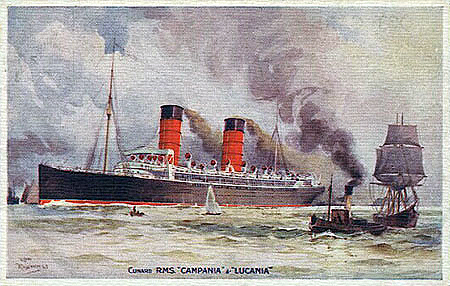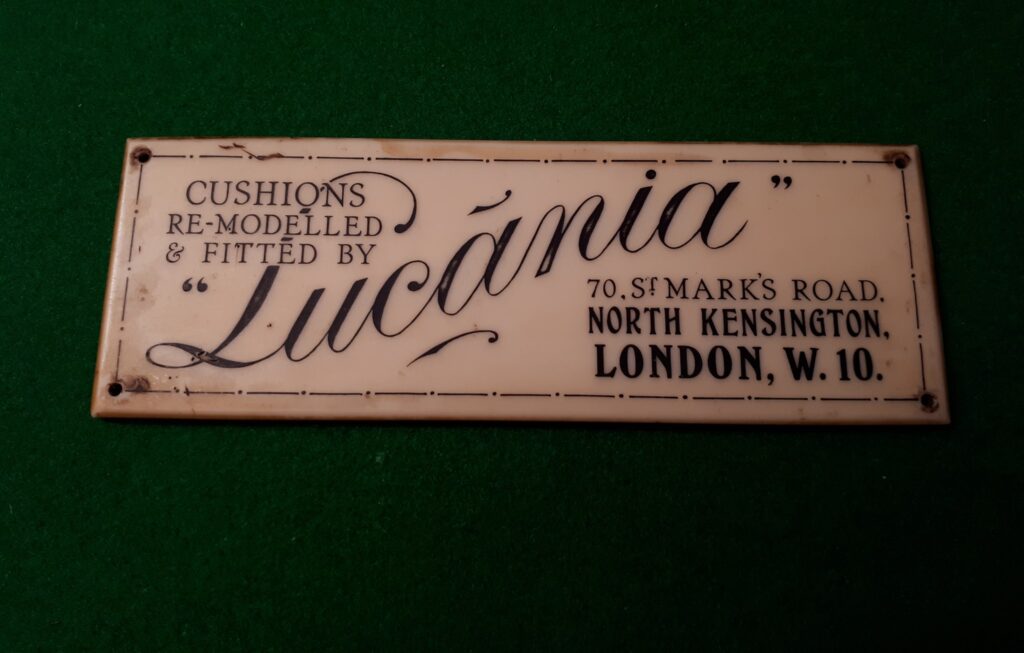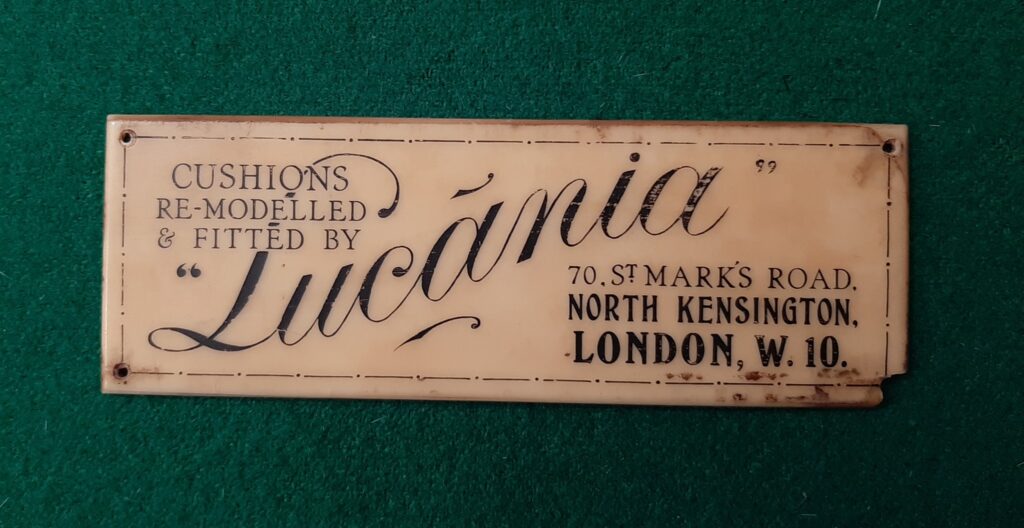Lucania Billiard Halls a History
The world of billiards and snooker often conjures images of smoky rooms and hushed concentration, but one notable group of billiard halls, Lucania, has a history firmly rooted in a surprising social movement: temperance. Far from the typical licensed establishments, Lucania halls offered a space for recreation and skill, free from the influence of alcohol.
Temperance and the Rise of Billiards
The game of Billiards became particularly respectable and fashionable after Queen Victoria’s endorsement, leading to prosperous members of society purchasing tables for their large houses, and nearly every hotel and licensed house of size featuring a billiards room. In this burgeoning landscape, there was also a demand for recreational spaces aligned with the temperance movement, which sought to promote abstinence from alcoholic drinks.
The Lucania group was founded in 1908 by two prominent Welsh billiard players: John Jeremiah (1862-1929), the Welsh Amateur Billiards Champion, and William Henry Hatcher (1881-1928). Hatcher’s amateur career concluded when his employment as a billiard room manager led him to be deemed a ‘professional’. These two, who frequently played against visiting English professionals in exhibition matches, established the ‘South Wales Billiards and Recreation Company’. Their initial venture focused on opening new temperance billiard halls in their local area, often in purpose-built premises.
Billiard Tables and Equipment
The Company did not manufacture its own tables directly but instead formed a significant partnership with Jelks & Sons (London). This arrangement stipulated that Jelks & Sons would exclusively manufacture billiard tables for all their halls at their Holloway works. This coincided with Jelks’ first foray into manufacturing full-size billiard tables in 1908, a venture likely encouraged by the company’s guaranteed orders. The Welsh company even went so far as to refer to Jelks’ Holloway works as their own.

A pivotal moment occurred in 1909 when they acquired an unusual source for their hall furnishings: the Cunard liner RMS Lucania, a record breaking British ocean liner built by Fairfield Shipbuilding, Govan, Scotland and launched in 1893.
Lucania served as one of Cunard’s major passenger liners for 14 years, during which time the liner was superseded in speed and size by a succession of new German and Cunard four-funnelled liners. It was decided that Lucania wasn’t needed and her last voyage was on 7 July 1909, after which she was laid up in Liverpool. A month later she was badly damaged by fire and partially sank at her berth and so she was sold for scrap and the contents of her interior auctioned.
The South Wales Billiards and Recreation Company purchased fittings, primarily oak panelling and seating, from the ship and from this point forward, all the billiard halls in their group were named ‘Lucania’. William Hatcher managed a site in Bargoed, while John Jeremiah oversaw the business’s expansion from his home in Merthyr Tydfil.
Timeline
In 1919, Jeremiah and Hatcher broadened their financial base by partnering with additional private investors, including newspaper magnates William and James Berry. This led to the formation of ‘Lucania Temperance Billiard Halls (London) Ltd.’. John Jeremiah became the chairman, his brother Lewis served as secretary, and William Hatcher was appointed the first Managing Director. This infusion of capital allowed the business to expand significantly beyond Wales, reaching London and the South of England. The new company headquarters were established in a London hall at 70 St. Mark’s Road, North Kensington, which opened in December 1920. Their Billiard table plates produced after this date reflect this change.
The mid-1930s marked Lucania’s peak, with 73 halls in operation across the group. However, after 1963, the popularity of temperance facilities waned, and the company began a period of decline. Headquarters moved several times, from North Kensington to Clerkenwell, then Wimbledon Park, and finally Romford, as halls steadily closed down. By 1973, the number of halls had dwindled to just 17.
In the same year, 1973, Barry Hearn became chairman, briefly revitalizing the company’s fortunes. Despite his efforts, in 1982, Hearn ultimately sold 16 of the remaining Lucania halls to Riley Leisure, choosing to retain only the Romford venue for himself.
Lucania’s journey from temperance-driven recreation to a prominent chain of billiard halls, and its eventual absorption into larger leisure groups, offers a fascinating glimpse into the social and business history of billiards in Britain.
John A Smith
Cues n Views









